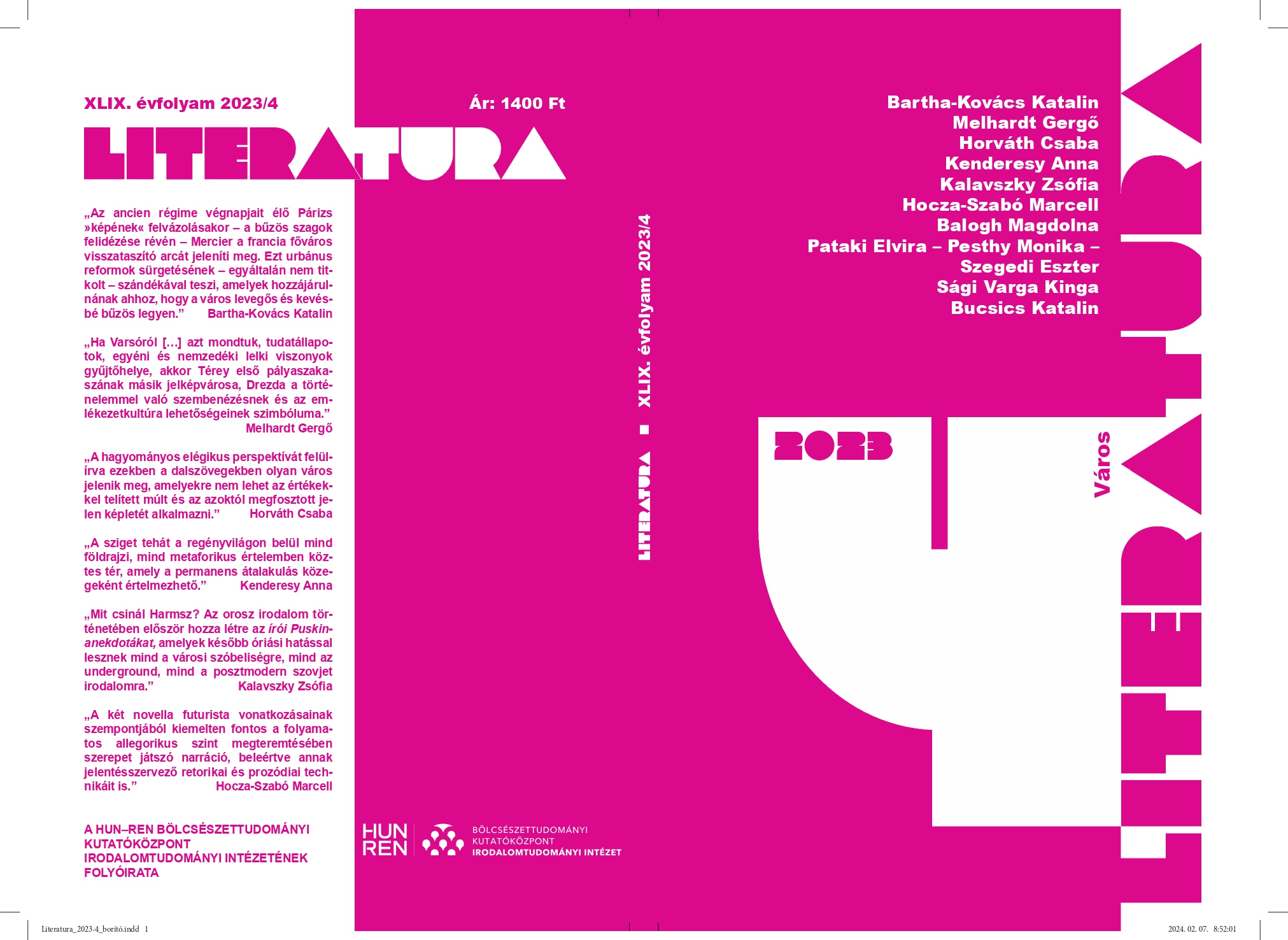Between Political and Intellectual Cults
Daniil Kharms and the Pushkin jubilee under Stalin
Abstract
The present study sketches the possible historical and synchronous contexts of Daniil Kharms’ Anecdotes from the life of Pushkin. The study argues that it is important to read Kharms’ literary anecdotes alongside the nineteenth-century precursors in literature and cultural history of the Pushkin anecdote as a unique phenomenon, for example the literary-historical Pushkin anecdotes and the urban Pushkin anecdotes, as well as the cheap storybooks and anecdote collections of Pushkin published around the turn of the century. At the same time, Kharms’ Anecdotes are organically and deeply embedded in the Soviet cultural, literary, and social setting of the 1930s (i.e. the Pushkin cults of the state, or the scientific and artistic elite), and they are also inseparable from the poet’s poetics, philosophy of art, and world view and thus from the children’s literature Kharms wrote on Pushkin at the same time as this cycle. Examining the various approaches of cult and genre history, poetics, narratology, and the sociology of literature together makes it possible to expand the range of interpretation for Kharms’ writing.



